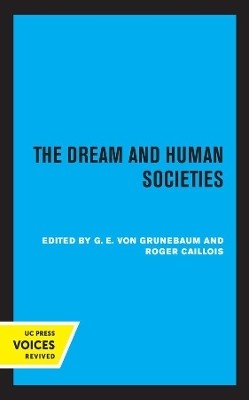The Dream and Human Societies(English, Hardcover, unknown)
Quick Overview
Product Price Comparison
The study of dreams and their role in human societies, particularly within classical Islam, provides a fascinating lens through which to understand both individual and collective psychology. In medieval Islamic culture, dreams were seen not only as personal experiences but as profound communications from the divine or supernatural. This belief system imbued the dream with cognitive power, often interpreting dreams as forms of prophecy or divine messages, a view that transcended the individual's inner psyche and extended into the realm of objective truth. Dreams were considered a bridge to understanding the future, the Hereafter, and the will of God, with scholars like 'Abdalghani an-Nabulusi developing elaborate systems for interpreting their meanings. These interpretations drew heavily from religious texts, such as the Koran and Hadith, and offered guidance on a variety of matters ranging from personal conduct to political affairs. The significance of dreams within classical Islam is also evident in their societal and political implications. Dreams were not only seen as personal revelations but also as instruments of prophecy, often used to predict the death of rulers, the success of military campaigns, or the outcomes of political struggles. They were deeply intertwined with religious doctrines, with the Prophet Muhammad and various saints appearing in dreams to guide or advise key figures in Islamic history. These dream visions were viewed as essential tools for navigating both the personal and political spheres, reinforcing the belief that the dream world was closely linked with the divine order. The widespread acceptance of dreams as a form of truth is a striking contrast to contemporary Western thought, where dreams are more commonly seen as reflections of the subconscious mind. In this sense, the historical and cultural context of classical Islam elevated the dream to a status that intertwined it with both personal and societal identity, suggesting a powerful intersection of religion, politics, and individual experience. This title is part of UC Press's Voices Revived program, which commemorates University of California Press's mission to seek out and cultivate the brightest minds and give them voice, reach, and impact. Drawing on a backlist dating to 1893, Voices Revived makes high-quality, peer-reviewed scholarship accessible once again using print-on-demand technology. This title was originally published in 1966.


